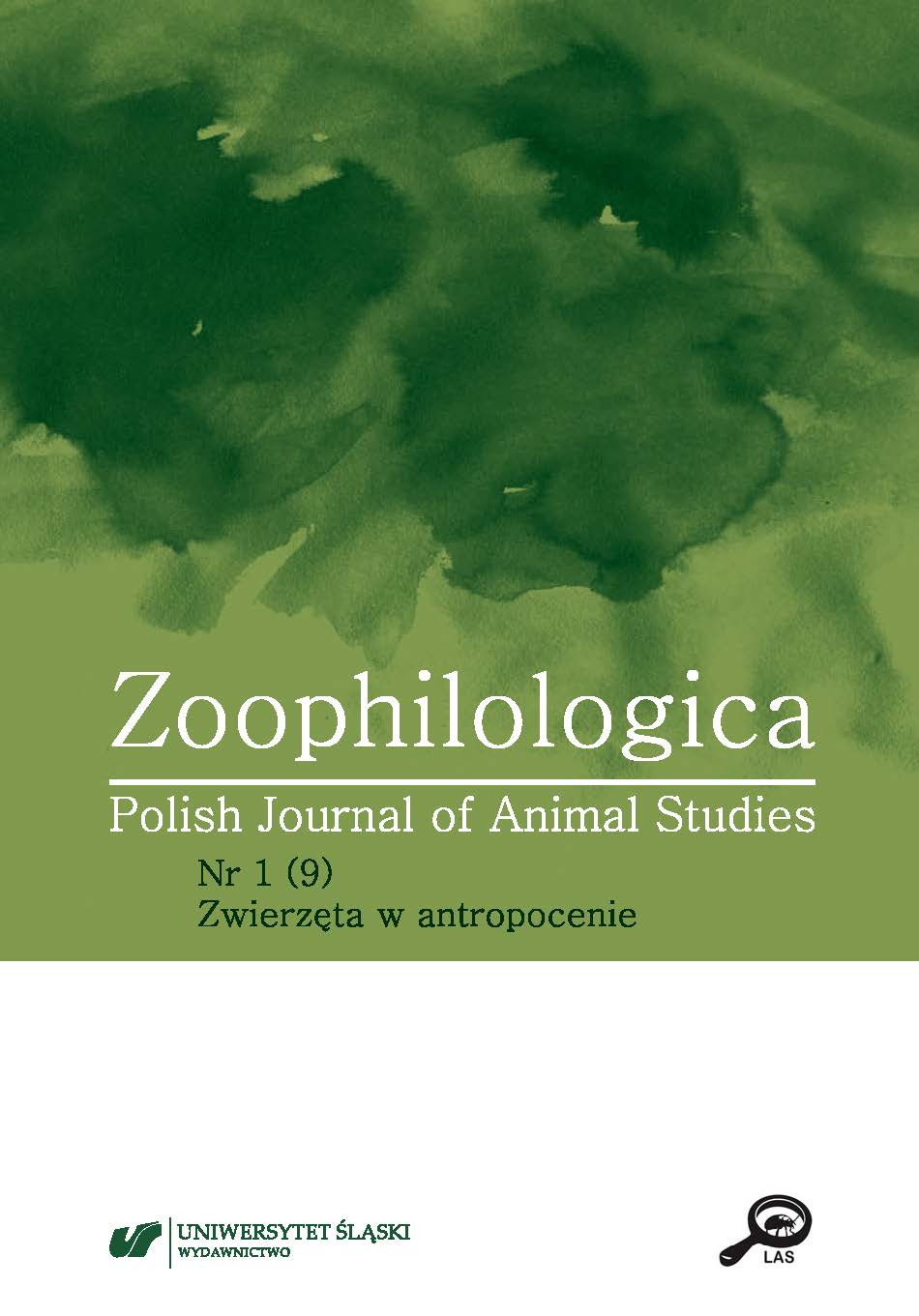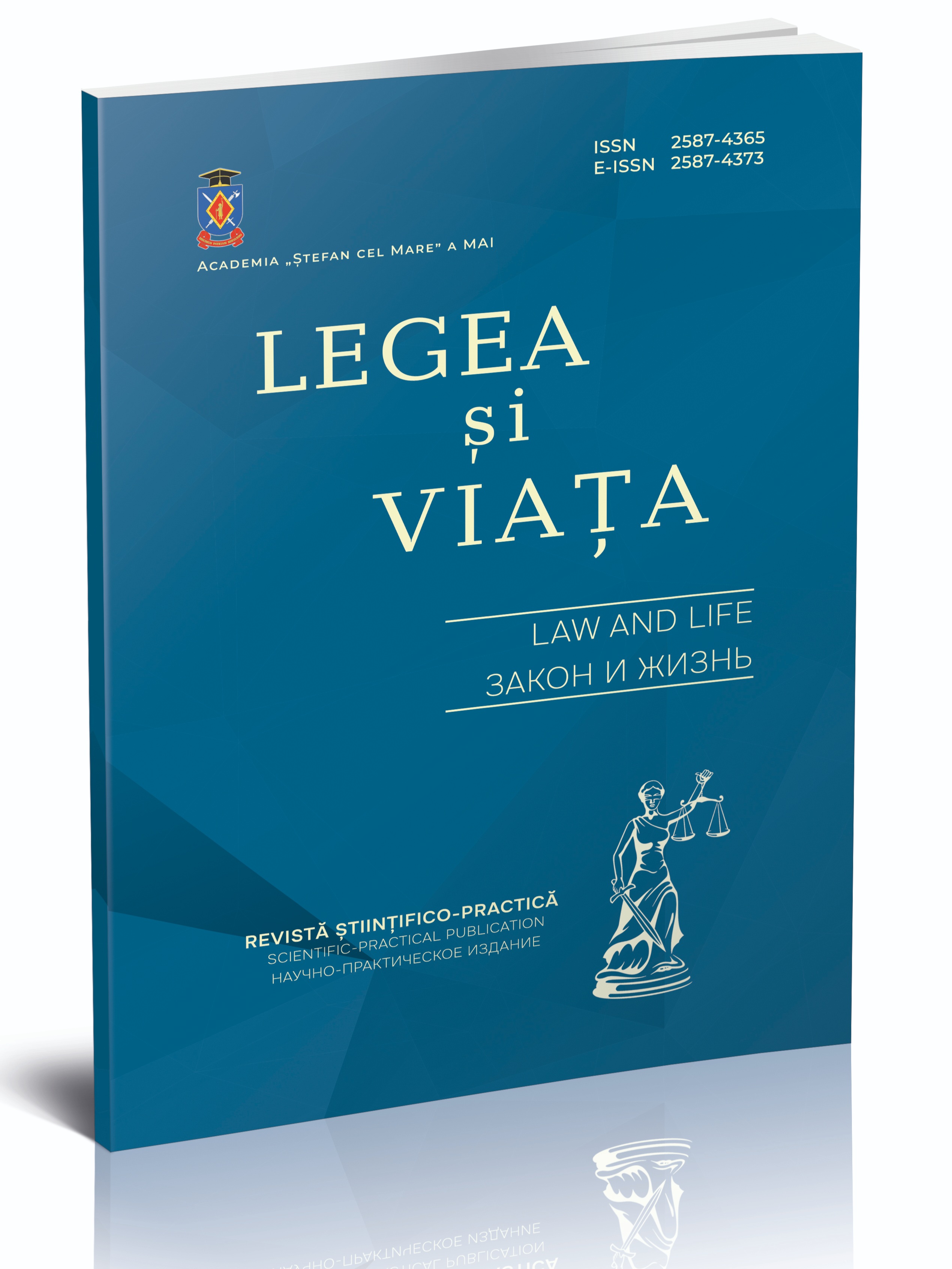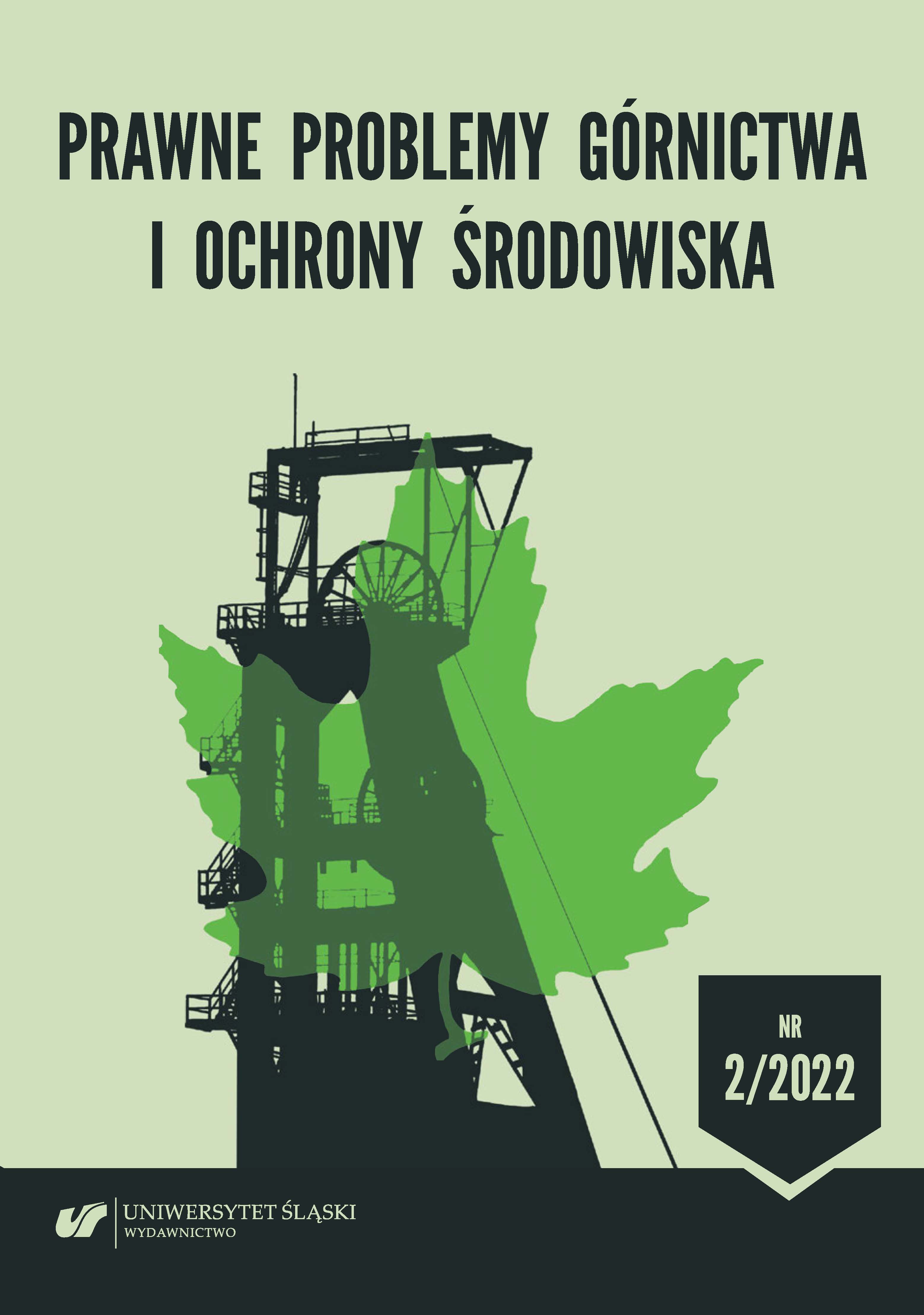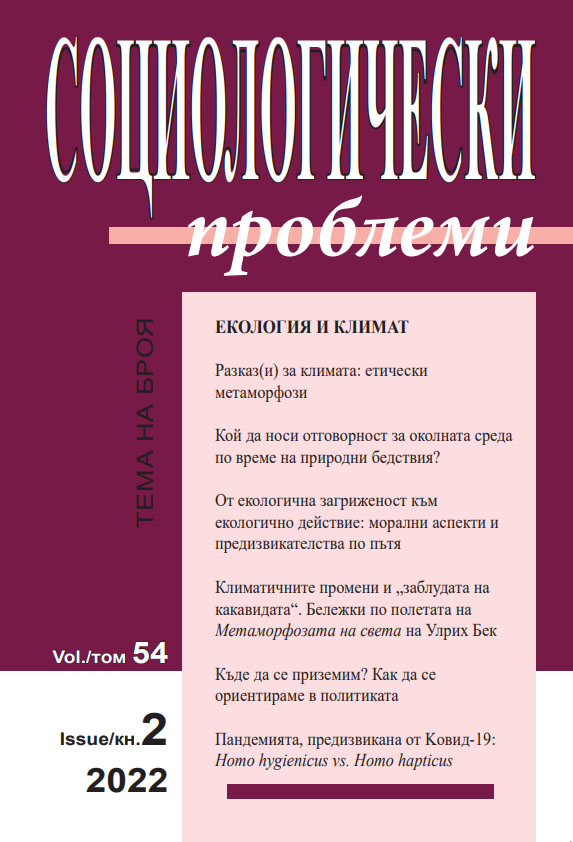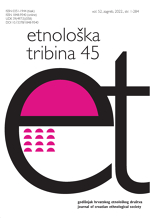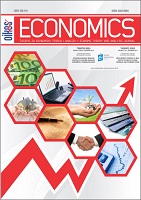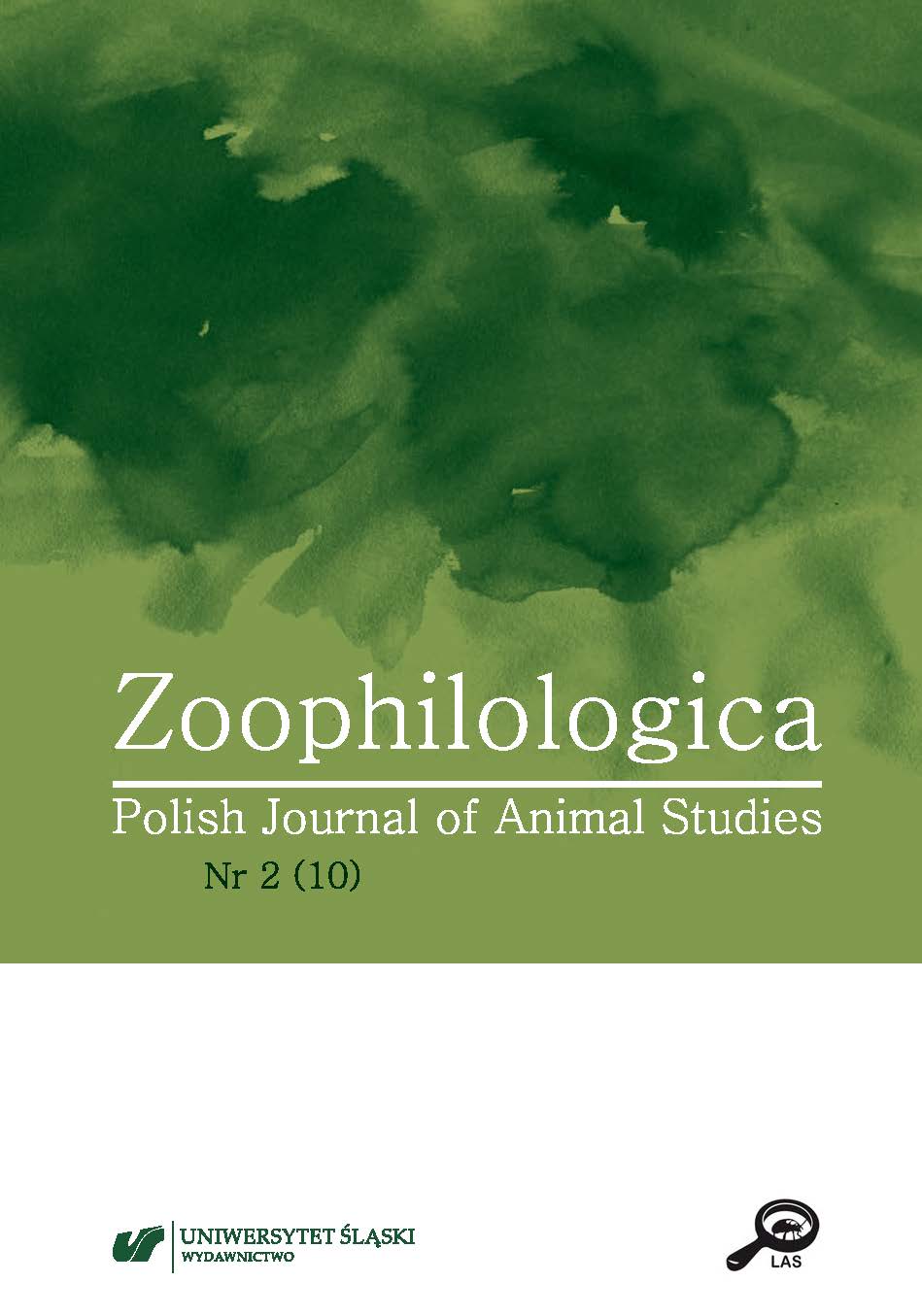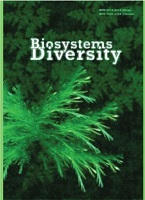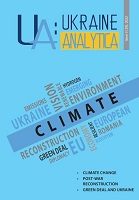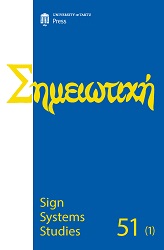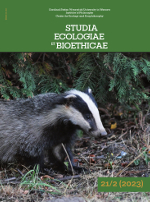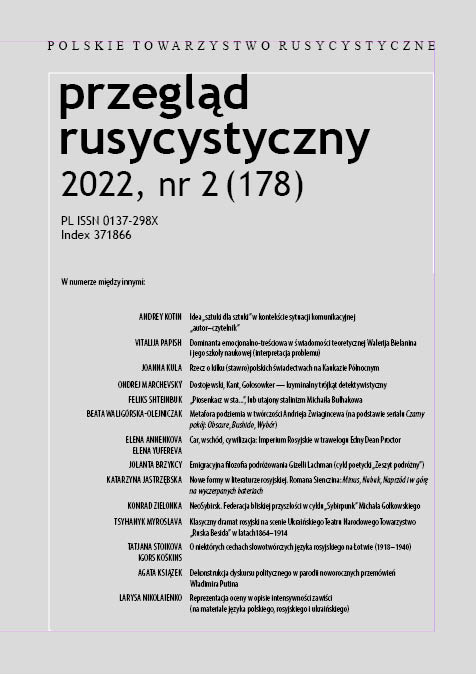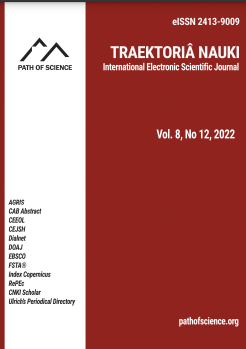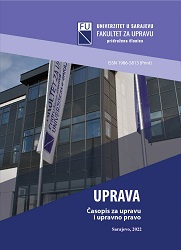Author(s): A. B. Chaplygina,O. V. Filatova,L. M. Litvin,V. V. Nykyforov / Language(s): English
Issue: 1/2023
Mining activities radically change natural ecosystems, the recovery of which is not possible without the restoration of native or transformed communities of autotrophic and heterotrophic organisms. In order to analyze the success of biodiversity restoration using unified methods, an inventory of higher plant flora and avifauna species in the technogenic territories of the Poltava Mining and Processing Plant was carried out. The dominant species identified in mining dumps, tailings, bypass and drainage canals, urban wastewater treatment and bioengineering facilities and on the PMP territory have been studied in detail. The studies were carried out in the spring-summer period of 2021–2022. The avifauna includes 140 species belonging to 18 orders and 45 families (Passeriformes predominate – 62.0%). 103 species nest on the PMP territory, 32 nomadic and 5 transient species are also registered. The nesting avifauna is dominated by representatives of both native nemoral (16.0%, n = 103) and forest-steppe (13.0%) and tropical (14.0%) avifauna. A significant number of birds belong to limnophiles, which prevail in the territories of the urban wastewater treatment plant (66.7%, n = 30) and tailings (62.5%, n = 24). They are also common in the bypass and drainage canals, where hydro- and hygrophilous phytocenoses have formed, similar to floodplain and real meadows as part of adjacent wetland ecosystems. Among the surrounding natural biogeocenoses, there are no steppe ones with their inherent unique floristic composition, which explains the small number of stepants in the studied flora and campophiles in the avifauna. In recovery successions, general patterns were revealed: biogeocenoses surrounding the technogenic territories of the PMP are the main source of producer diasporas and a variety of consumers, which are so necessary for the restoration of degraded landscapes. Phanerophytes from the genera Populus, Pinus, Fraxinus, Ulmus, Morus, Juglans, etc. are determinants in the sylvacenoses formed on the dumps and territories of the plant. Therefore, dendrophiles characteristic of neighbouring pine and floodplain forests, as well as garden phytocenoses in the private sector territory, dominate in the ornithocomplexes. Nationally rare avifauna includes 5 species, two of which nest. Among the identified bird species, the following nesting species are listed in the Red Book of Ukraine: Columba oenas, Himantopus himantopus, as well as transient and nomadic species: Hieraaetus pennatus, Haliaeetus allbicilla, Milvus migrans. The success of the natural formation of plant communities, the rich ornithological complex with the participation of rare species, and the location of the PMP territory within the migration routes indicate the expediency of further research into the possibilities of their inclusion in the nature reserve fund with the status of “territory of renaturalization”.
More...
